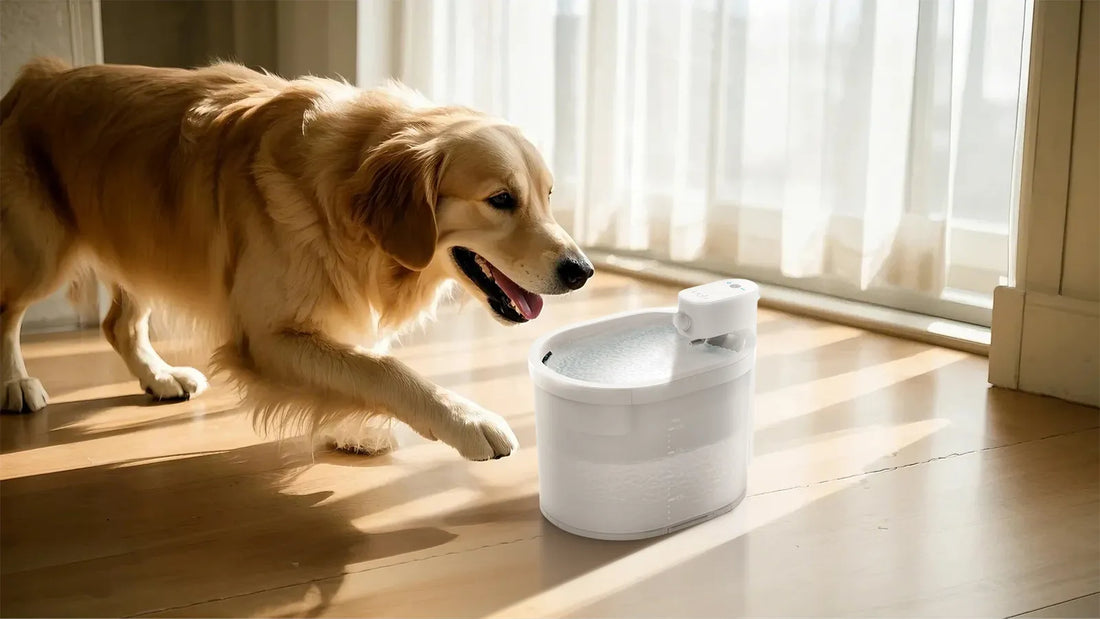Understanding the right cat feeding schedule by age is crucial for your pet's health and well-being. From playful kittens to senior cats, each life stage has unique nutritional needs. This guide will help you navigate the complexities of feeding your cat at every age, ensuring they thrive at every stage of their life.
Kittens (0-6 Months)
Kittens are bundles of energy and require a diet that supports their rapid growth and development. During the first six months of life, kittens need frequent meals packed with high-quality protein and essential nutrients.
From birth to four weeks, kittens rely solely on their mother's milk. If the mother is unavailable, a specially formulated kitten milk replacer is necessary. Around four weeks, you can start introducing wet kitten food, gradually increasing the amount as they grow.
Between six weeks and six months, kittens should be fed four to six small meals a day. This frequent feeding schedule ensures they receive the necessary calories and nutrients to support their high energy levels and rapid growth.
Junior Cats (6 Months - 2 Years)
As kittens transition into junior cats, their feeding schedule can be adjusted to accommodate their slightly slower growth rate. At this stage, cats are still growing but at a more gradual pace compared to their kitten months.
Junior cats should be fed three to four meals a day. It's important to continue providing high-quality cat food that is rich in protein and essential nutrients. This will help support their ongoing development and maintain their energy levels.
Monitoring your cat's weight is crucial during this stage. Overfeeding can lead to obesity, while underfeeding can result in nutritional deficiencies. Adjust portion sizes as needed to maintain a healthy weight.
Adult Cats (2-7 Years)
Adult cats have reached their full size and require a diet that maintains their overall health and well-being. At this stage, feeding schedules can be more flexible, but consistency is key to preventing weight gain and ensuring proper nutrition.
Most adult cats do well with two meals a day. However, some cats may prefer smaller, more frequent meals. It's essential to choose a high-quality adult cat food that meets their nutritional needs and supports their activity level.
Regularly monitoring your cat's weight and adjusting their diet as needed is important. Adult cats are prone to weight gain, so it's crucial to avoid overfeeding and provide opportunities for regular exercise.
Senior Cats (7+ Years)
As cats enter their senior years, their nutritional needs change. Senior cats may become less active and require fewer calories, but they still need a diet that supports their overall health and addresses any age-related issues.
Senior cats should be fed two meals a day, but portion sizes may need to be adjusted based on their activity level and health status. It's important to choose a senior cat food that is lower in calories but still rich in essential nutrients.
Regular veterinary check-ups are crucial for senior cats. Age-related health issues, such as kidney disease or arthritis, may require dietary adjustments. Your veterinarian can provide guidance on the best feeding schedule and diet for your senior cat.
Feeding your cat according to their age is essential for their health and happiness. By understanding the unique nutritional needs at each life stage, you can ensure your feline friend enjoys a long, healthy, and fulfilling life. Start implementing the right cat feeding schedule by age today and watch your cat thrive!














